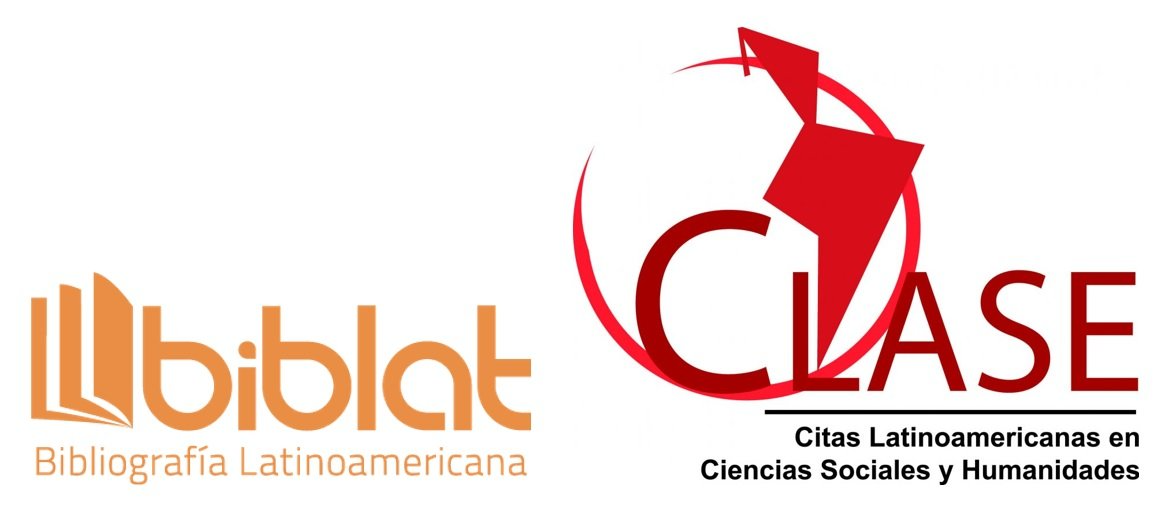Similar Articles
- Laura García Navarro, Marcelo Sandoval Vargas, The Police Strategy in Jalisco: The Spectacle of Security, the Reality of Capitalist War , Vínculos Sociología, análisis y opinión: Vol. 6 No. 12 (2025)
You may also start an advanced similarity search for this article.





